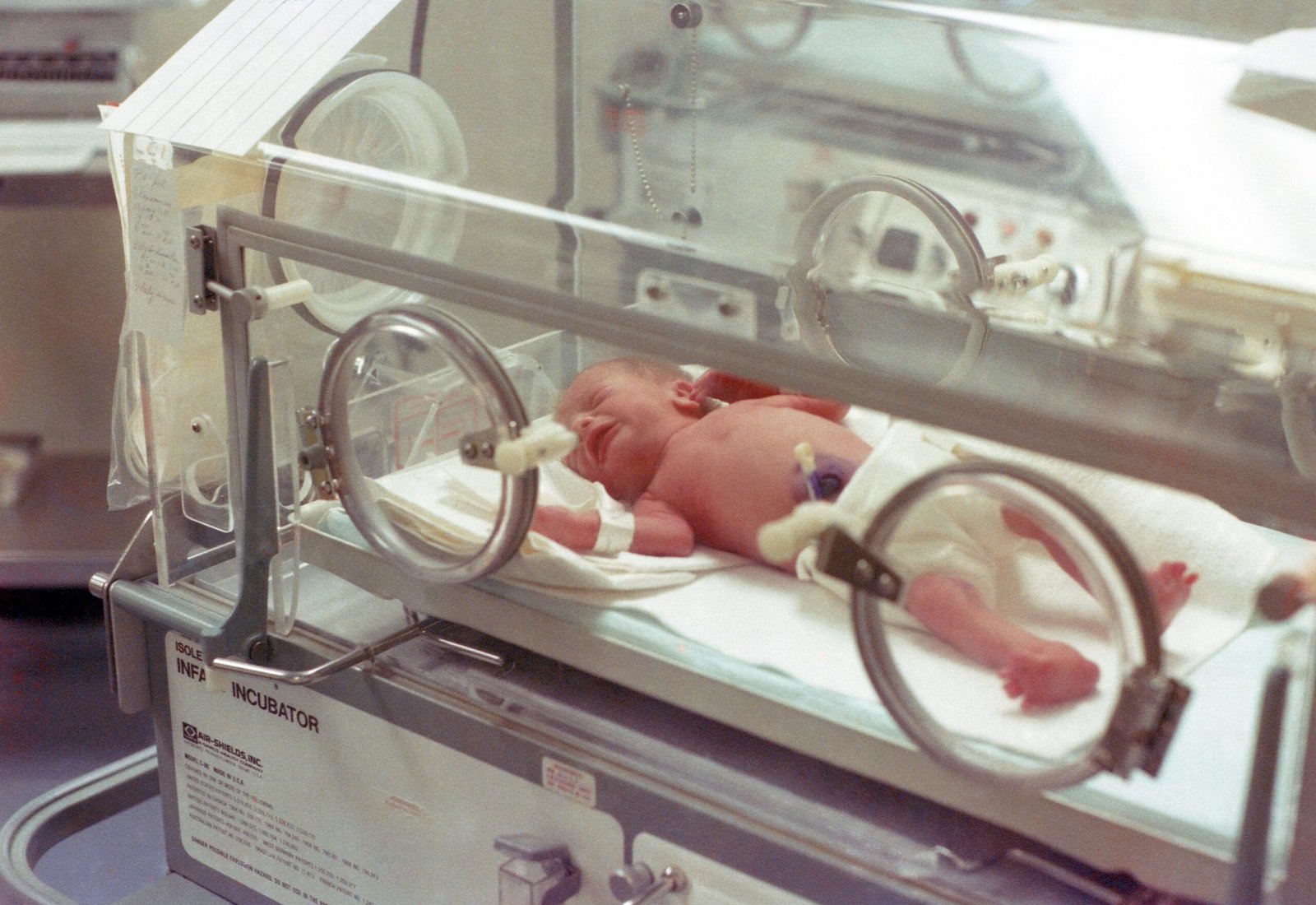For hospital procurement professionals, investing in the right infant incubator isn’t just a purchase—it’s a decision that directly influences neonatal outcomes. With so many models, features, and suppliers on the market, knowing what truly matters when sourcing incubators can help avoid costly mistakes and ensure quality care in NICUs.
This guide offers a practical, procurement-driven perspective to help you evaluate and select the best neonatal incubator for your facility.

What Is an Infant Incubator, and Why Does It Matter?
An infant incubator provides a controlled environment for premature or ill newborns. But not all incubators are created equal. Beyond temperature control, procurement teams should consider integration with NICU workflows, disinfection protocols, and supplier reliability.
Procurement Tip: Don’t just compare specs—visit NICUs (virtually or onsite) to see how a unit performs under real conditions.
Key Types of Infant Incubators for Consideration
1. Closed Box Incubators
Most commonly used in hospitals. These incubators offer a sealed chamber, servo-controlled heating, and typically include integrated monitoring.
✔ Best for: High-risk NICU wards requiring stable microenvironments.
2. Transport Incubators
Lightweight and mobile. Designed for neonatal transfers within or between facilities. Usually battery-operated and built with shock-resistant casings.
✔ Best for: Maternity hospitals with high patient turnover or satellite clinics.
3. Hybrid Models (Incubator + Warmer)
Convertible designs that function as both incubators and radiant warmers.
✔ Best for: Delivery rooms or departments with mixed-use needs.
4. Incubators with Phototherapy
Built-in blue light therapy can reduce the need for separate phototherapy devices.
✔ Best for: Clinics treating a high volume of jaundiced newborns.
What Should Be on Your Evaluation Checklist?
From a procurement standpoint, focus on features that reduce long-term cost and improve NICU efficiency:
- Thermal and Humidity Control: Look for dual-sensor systems and auto-calibration.
- Monitoring Integration: ECG, SpO2, and respiratory modules in one interface.
- Cleaning and Maintenance: Detachable components, antimicrobial materials.
- Alarm Systems: Multi-level alerts for temperature drops, oxygen imbalances.
- Supplier Service: Is local tech support available? Are consumables stocked regionally?
📌 Internal Reference: View CNMEDITECH Infant Incubators
Compliance and Certification
Make sure your incubator complies with the following:
- FDA 510(k) (for US procurement)
- CE Certification (for EU and global markets)
- ISO 13485 & IEC 60601-2-19 standards
🔗 External Resource: FDA Medical Device Listings
Tip: Ask suppliers to provide certification numbers and audit trail documentation up front.
Procurement Strategy: Beyond Price
While price is important, lifecycle cost and usability are equally crucial:
- Can spare parts be sourced easily?
- Is user training included?
- Are software updates available?
🛠 Consider Total Cost of Ownership (TCO), not just sticker price.
📩 Internal Link: Get a Custom Quote from CNMEDITECH
Supplier Spotlight: CNMEDITECH
If you’re sourcing globally, CNMEDITECH offers a full range of neonatal incubators tailored to hospital-grade standards. With CE/FDA certification, responsive after-sales support, and custom options for NICUs, it’s a reliable choice for procurement teams needing both performance and compliance.
✅ Learn more: CNMEDITECH Incubators
Final Thoughts
Sourcing infant incubators is not just a transactional task—it’s a strategic responsibility. Make sure your supplier understands clinical workflows, complies with standards, and is prepared to support your team after delivery. The right decision here safeguards lives and ensures long-term operational success.

